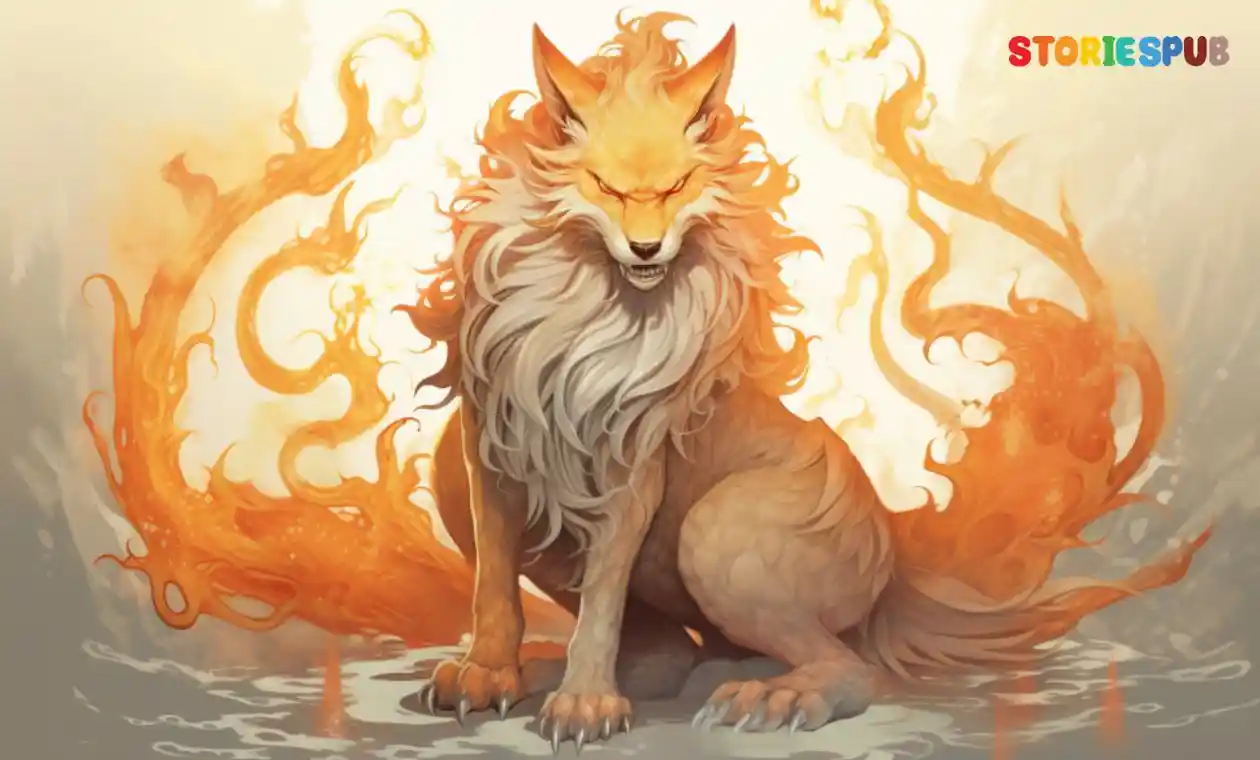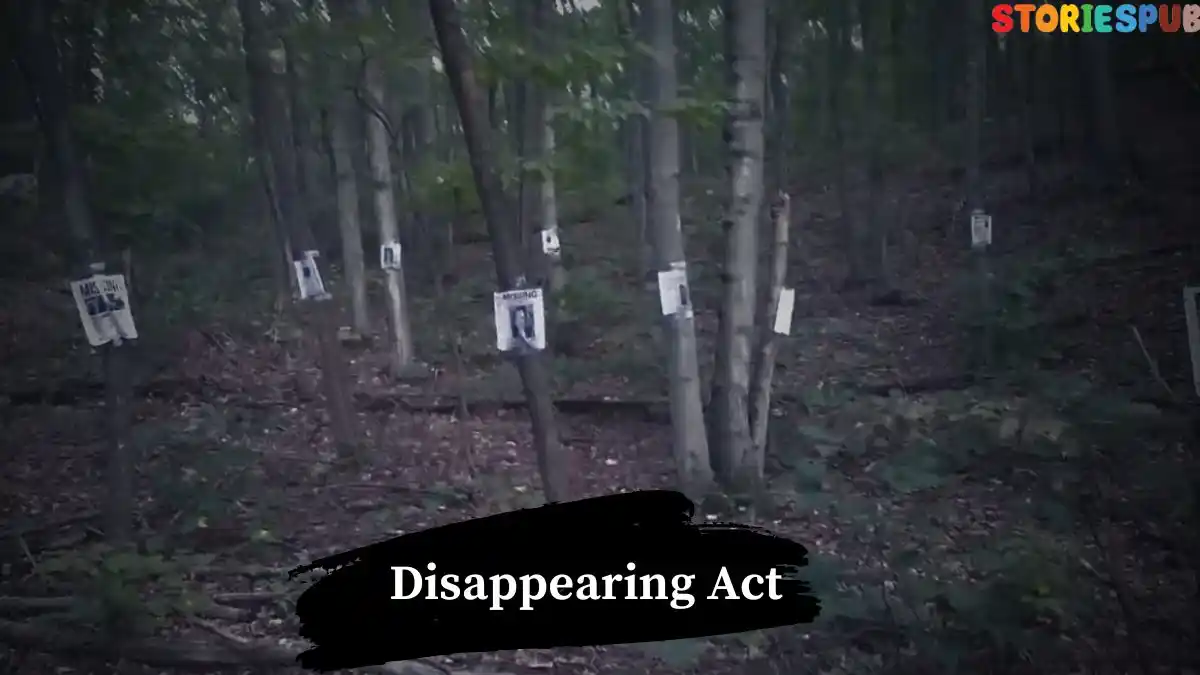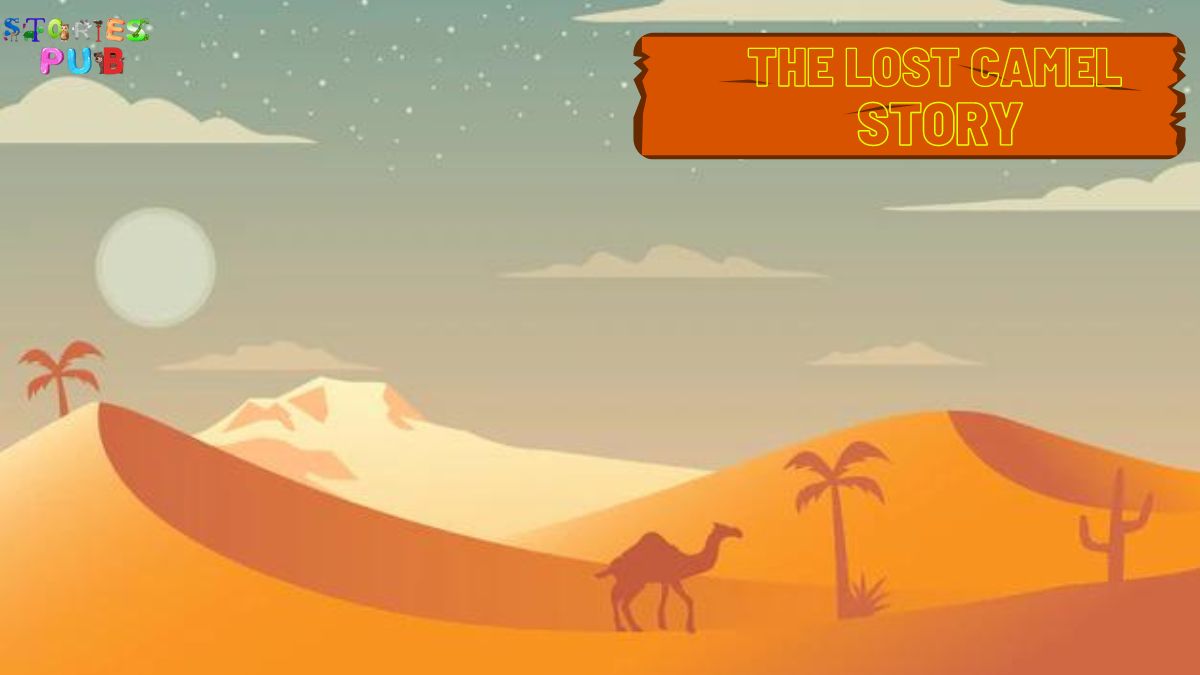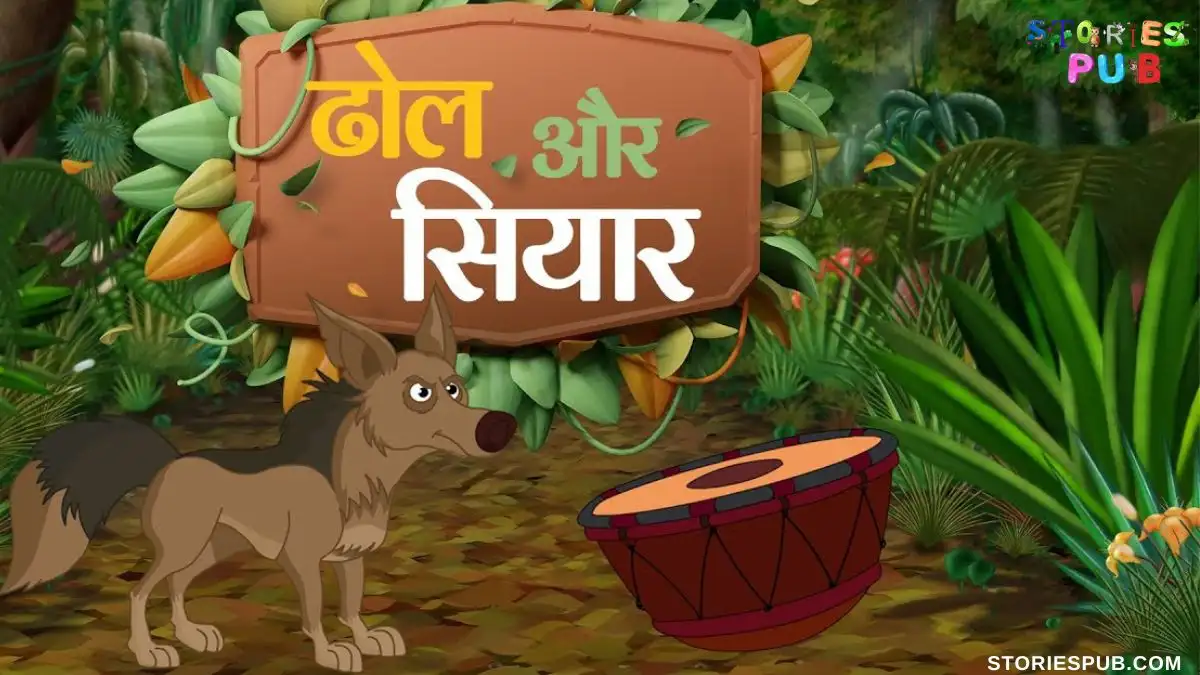Summarize this Article with:

Once upon a time, in a peaceful village, there was a kind and hardworking farmer named Ram. He lived with his wife and their two precious calves named Chiku and Motu. The family also had a small but cheerful piglet named Pinky. Ram loved all his animals and took good care of them.
Every morning, as the sun rose, Ram would head to the fields with Chiku and Motu. The two calves would tirelessly plow the land, helping Ram grow crops and vegetables. They worked from dawn to dusk, their strong hooves digging into the earth. Despite their hard work, Ram would feed them simple grass and hay, for he believed that was enough to keep them healthy.
On the other hand, Pinky, the little piglet, had a different life. Ram treated Pinky like a special member of the family. Every day, Pinky would wag their curly tail with delight as Ram served them a bowl of delicious oats. The piglet would gobble up the oats, squealing happily with each bite.
Chiku, the younger calf, watched Pinky’s oat feasts with growing envy. “Why does Pinky get such yummy food while we only eat plain grass?” Chiku complained to Motu, feeling a little discontented.
Motu, the elder and wiser calf, smiled kindly and said, “Dear Chiku, it’s not wise to compare ourselves to others or be envious. We have a purpose in the fields, and Ram takes care of us in his own way. Let’s appreciate what we have.”
Chiku pondered over Motu’s words and decided to follow their advice. They went back to their work, putting in their best efforts without dwelling on the piglet’s oats.
Days turned into weeks, and weeks turned into months. One sunny day, Ram’s family received a joyful invitation to a wedding in a nearby village. Excitement filled the air as they prepared for the celebration. The house was decorated with colorful flowers, and the aroma of festive food filled every corner.
As the guests arrived, laughter and music filled the air. Ram’s wife busily cooked a variety of delicious dishes, while Ram made sure everything was in order. The time for the grand feast had arrived.
Unbeknownst to Pinky, their life was about to take a sudden turn. Ram thought it was the perfect occasion to serve the tender meat of the piglet to their guests. Pinky, unaware of their imminent fate, happily trotted around the farm, their plump belly bouncing with each step.
Chiku and Motu, working in the fields, caught a whiff of the mouthwatering aroma. They turned their heads toward the direction of the enchanting scent and exchanged curious glances.
As the feast began, the guests gathered around the sumptuous table. They enjoyed the various dishes, including the delicious meat of Pinky the piglet. The flavors danced on their tongues, and the celebration filled the air with joy.
Meanwhile, in the fields, Chiku and Motu watched from a distance. They saw Pinky’s fate, and a mix of emotions washed over them. Chiku remembered their envy and the wise words of Motu. Suddenly, their envy turned into gratitude for the simple grass and hay they had always eaten.
Chiku nudged Motu and whispered, “Motu, thank you for teaching me to appreciate what we have. The oats were temporary, but our hard work and the simple food Ram provides are constant blessings.”
Motu smiled, pleased to see the growth and understanding in Chiku’s heart. They replied, “Chiku, true happiness comes from within. It’s not about what we have or what others have. It’s about finding contentment in our own
lives and being grateful for the blessings we receive.”
From that day forward, Chiku and Motu never felt envious of anyone’s food or possessions. They understood the value of hard work, and they appreciated the simple meals Ram provided for them. They learned that true happiness does not lie in comparing oneself to others but in finding contentment with what they have.
And so, dear children, the tale of the two calves and the piglet teaches us a valuable lesson. Instead of feeling jealous or envious, let us learn to appreciate the blessings in our lives. Let us be grateful for the simple things and find contentment within ourselves. For true happiness lies not in what we have, but in the joy of embracing who we are and appreciating the gifts that surround us.
Moral of the story: Be content with what you have.
Lesson from the story:
1. Envy and comparison can bring dissatisfaction: The story teaches us that when we compare ourselves to others and become envious of what they have, it only leads to unhappiness and discontentment. It’s important to be grateful for our own blessings and not let jealousy cloud our minds.
2. Appreciate the simple things in life: The story reminds us to appreciate the simple things that we often take for granted. Just like the two calves who had grass and hay to eat, we should learn to find joy in the little things and be grateful for what we have.
3. Hard work has its own rewards: The tale emphasizes the value of hard work. The two calves diligently toiled in the fields, and though they had a simpler diet, they were fulfilling their purpose and contributing to the farm’s productivity. It teaches us that hard work brings its own rewards and satisfaction.
4. Things can change unexpectedly: The story shows us that life can be unpredictable. The piglet, who enjoyed a life of luxury, met an unexpected fate when it became part of the wedding feast. It reminds us to be prepared for unexpected twists and turns in life and to find strength and contentment from within.
5. True happiness lies within ourselves: The ultimate lesson from the story is that true happiness does not depend on external circumstances or material possessions. It comes from within, from finding contentment, appreciating what we have, and being grateful for the blessings in our lives.
How much did you like the The Two Calves and the Piglet: A Tale of Contentment? Please share your views in the comment box. Also, please share this story with your friends on social media so they can enjoy it, and for more such stories, please bookmark storiespub.com.
Check out other stories that we have:
- 1. Hindi Stories
- 2. Panchatantra stories
- 3. Moral Stories
- 4. Bed Time Stories
- 5. How to Draw
- 6. Scary stories for kids
- 7. Mythological Stories
Two Calves and the Piglet FAQs
Why did the piglet get special food while the calves had to eat grass?
The piglet received special food because their master loved them dearly. Different animals have different dietary needs, and the piglet's diet consisted of oats to keep them healthy and happy.
Did the calves feel jealous of the piglet's food?
Yes, the younger calf, Chiku, felt jealous of the piglet's delicious oats. However, the elder calf, Motu, advised Chiku against being envious and taught them to appreciate what they had.
What happened to the piglet in the end?
The piglet was unknowingly sacrificed and served as part of the wedding feast. Their fate changed unexpectedly, reminding us that life can bring unforeseen events.
Did the calves learn any lessons from the piglet's fate?
Yes, witnessing the piglet's fate taught the two calves a valuable lesson about being content with what they have and not comparing themselves to others. They learned to appreciate the simple food provided by their master.
What is the moral of the story?
The moral of the story is to be content with what you have. Instead of being envious of others, it is important to appreciate and be grateful for our own blessings. True happiness comes from within and finding joy in the simple things in life.













